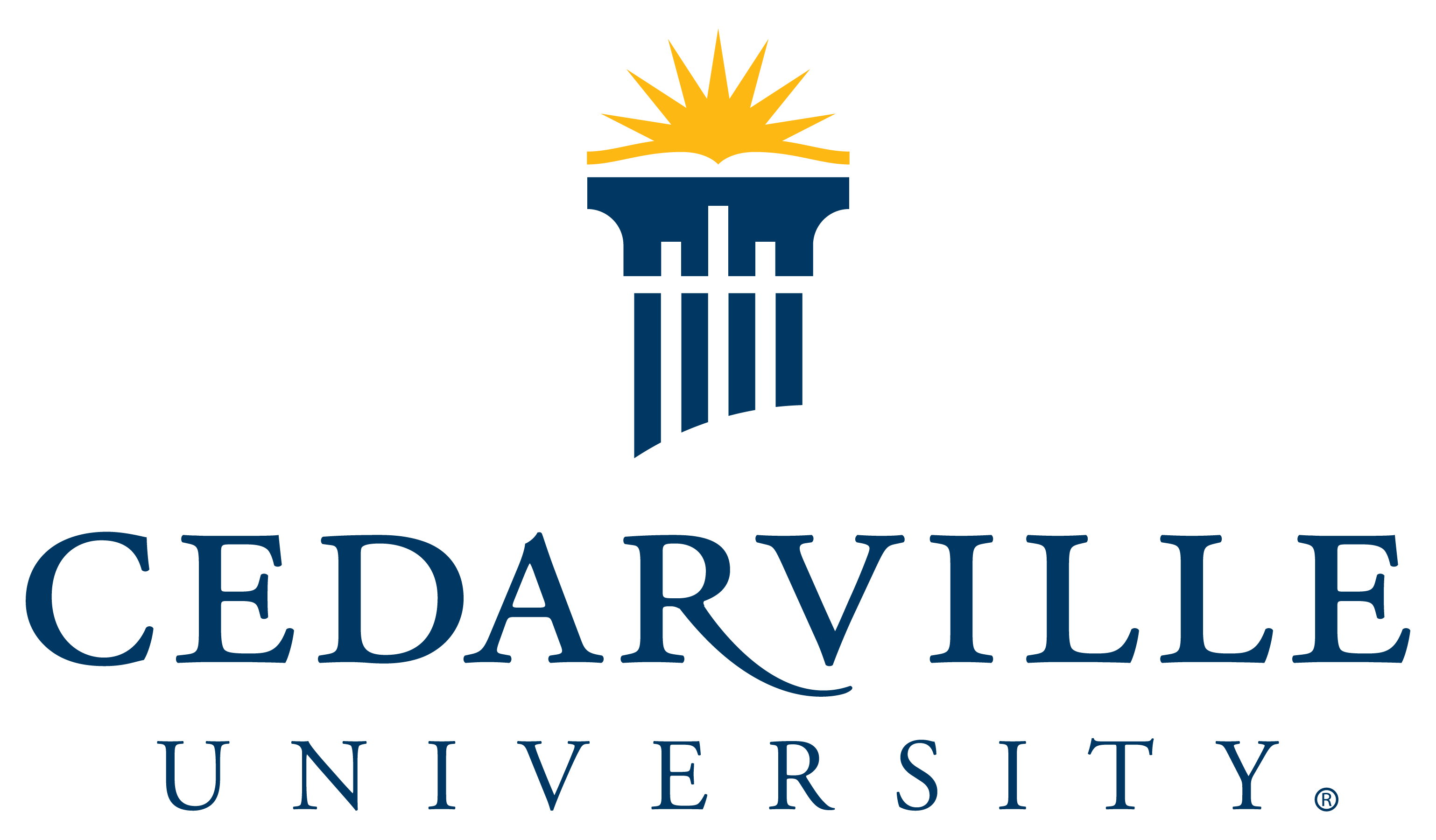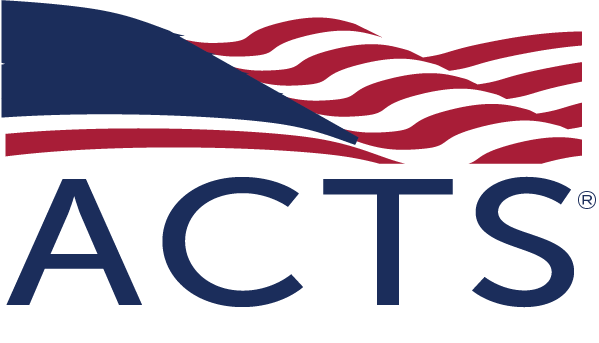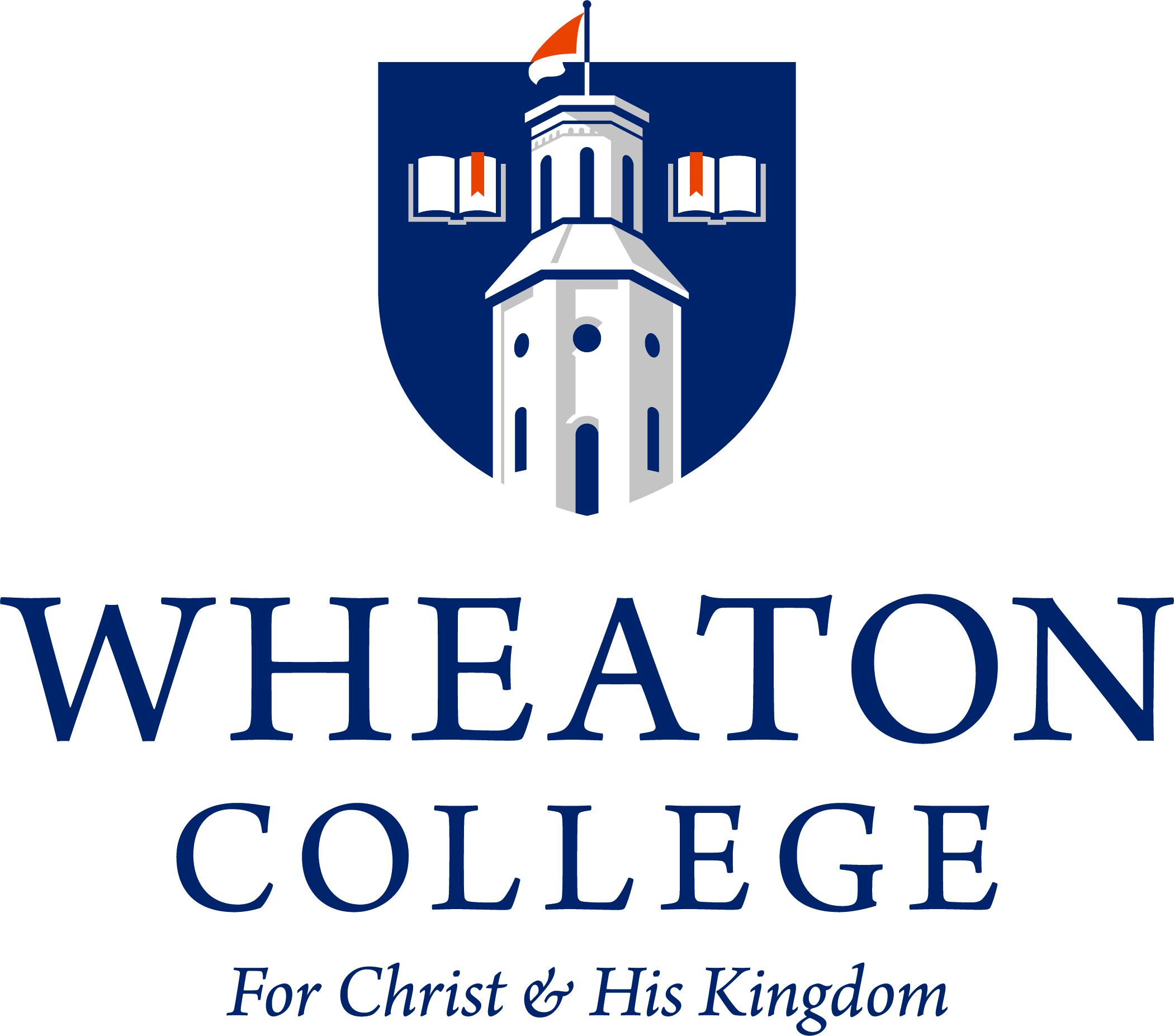If you are a leader in the Christian education sector—say a school founder, a principal, a board chair, or even if you are part of a team leading a school or serving on the board of directors—it’s likely you’ve had the occasional brush with feeling isolated or even alone.
Let’s face it, being a person of faith in Canada—when only about ten percent of the population regularly participates in worship—is itself a potentially marginalizing space to be in. Add the courageous act of stepping forward and committing to leading within that minority, we hardly need a calculator to sort out that you are part of a rather small group of Canadians.
Add Canada’s geography to the mix, and you are potentially one of very few within hours of your location engaged in the unique, albeit growing, space, and activity of Christian education.
At Christian Schools Canada, regardless of group size or distances between, we believe it is unnecessary for any Christian school leader in Canada to feel alone. At Christian Schools Canada we work together with regional associations of Christian schools to catalyze networks across the country, break down barriers, and enhance collegiality in the Christian education sector.
Indeed, at Christian Schools Canada we are inspired by the Church of England’s Foundation for Educational Leadership and their vision that all leaders of Christian schools experience being not only called and committed but that they are connected.
In fact, we were so inspired at the 2019 Global Christian School Leadership Summit (now known as Converge) where we first met and were exposed to the Church of England’s Foundation for Educational Leadership and their twenty-four leadership practices framework Called Connected Committed that we decided to design a matrix of our own. A happy consequence of designing the matrix is that, not only are we more connected across Canada, but we are also more connected globally. What a treat to work with the writing team. And what a delight to now share it across Canada and begin engaging it with school leaders.
As we now launch our framework of leadership practices, Called. Connected. Committed: Christian Schools Canada Leadership Practices for Christian School Leaders, we could not be more aware that our connection with the Church of England and their hospitable generous guidance has made this document possible. Christian Schools Australia, also a new friend because of the global conference of Converge, likewise shared open-handedly with us from their recently developed leadership practices framework.
Each practice in our matrix, just like the ones in the UK and in Australia resides under one of three domains: Called, Connected, or Committed.
So, what does it mean to be connected?
All three Christian school leadership frameworks describe being CONNECTED like this:
Leaders who are connected operate deliberately within communities of practice, positioning themselves within positive relationships that sustain and encourage all parties. They embrace interdependence, demonstrate compassion, and embody humble service to others. They create a shared identity within their teams and draw colleagues around a common purpose.
As we digest this, we note a few things.
- Connected leaders are deliberate about connecting. They seek out relationships, relationships that will sustain and encourage. They embrace interdependence by pursuing reciprocal professional relationships where learning moves in two directions.
- They are genuinely curious about other leaders within the Christian education sphere and sit at one another’s feet.
- Christian school leaders empathetically show compassion to stakeholders. Their characters are marked by humility and their posture is oriented toward service. They notice need and respond.
- A Christian school leader creates and exudes a sense of sharing an identity across the educational space, casting and reflecting a vision that pulls others together around shared purpose.
- Connected leaders draw in and are drawn toward. Their hearts, intellects, and actions are bent toward the other.
With reflection on each of these points, we wonder, might one necessarily conclude that a Christian school leader, by their very nature, is connected? We’d love to hear what you notice in the definition of “connected” that we offer above.
As a host organization of Converge 2025, we are passionate about the opportunity this conference offers for leaders in Christian education to connect with one another. Our participation in 2019 and again in 2022 has led to a several shared projects—developing our leadership framework is just one example. We’ve had excursions to one another’s regions. School leaders return refreshed and informed, more connected, and inspired in their work locally. We have rich national and international relationships that simply did not exist a few short years ago. The goodwill among us reminds each of us that being connected gives so much more than it takes (even the introverts among us agree!) And knowing one another and connecting with one another does not mean we all become exactly like one another. We learn from the different visions and versions of Christian education that we immerse ourselves within, returning to our communities with gleanings that may shape, but also convictions that confirm current practices and purposes.
If you are wondering whether attending Converge 2025 will have impact on your practice, we encourage you to ask yourself, what might you and your community be missing by limiting your connections? “I consider it all joy when I remember you” a saint once wrote. Holding a memory or an image of a fellow traveller on the leadership road and being on speed dial (and other platforms with one another does bring great joy and support to our daily local work and lives.
A leader in Christian education is connected. We couldn’t agree more.
And we’d love to connect better with you. We hope we’ll see you at Converge 2025.
About the Authors
Dr. David Loewen is the executive director of the Society of Christian Schools in British Columbia. Prior to that he served as the superintendent of Surrey Christian School, a group of three Christian schools and three Early Learning Centers in British Columbia. He has served as a teacher and principal at both Elementary and Secondary. Dave’s PhD focused on Organizational Theory and Leadership Studies with research interests in communicative ethics. He is an adjunct faculty member of Trinity Western University’s Master of Arts in Leadership program and is currently studying Theology at Regent College in order to better inform his leadership. Dave is married to Sharlene and has three children. He finds being with family, being outdoors, and reading good books lifegiving.
Gayle Monsma is the executive director of the Prairie Centre for Christian Education (PCCE), an organization that partners with Christian schools in Alberta, Saskatchewan, and Manitoba. As part of her role at PCCE, Gayle serves as the chair of Christian Schools Canada and is also on the Christian Education Benefits Solutions Society board. Prior to this position, Gayle served as a teacher and principal at Covenant Christian School in Leduc, Alberta for twenty-eight years.
Deani Van Pelt, PhD, is president of Edvance Christian Schools Association, an industry association serving almost 100 Christian schools in Ontario, Canada. Formerly a secondary school teacher in public and Christian schools, a homeschool parent, and an associate professor of Education and director of Teacher Education at Redeemer University, Van Pelt is now a senior fellow at the think tanks Cardus and the Fraser Institute and is also a visiting research fellow in Charlotte Mason Studies at the University of Cumbria, UK and a non-resident scholar in Baylor University’s Center for School Leadership.















































